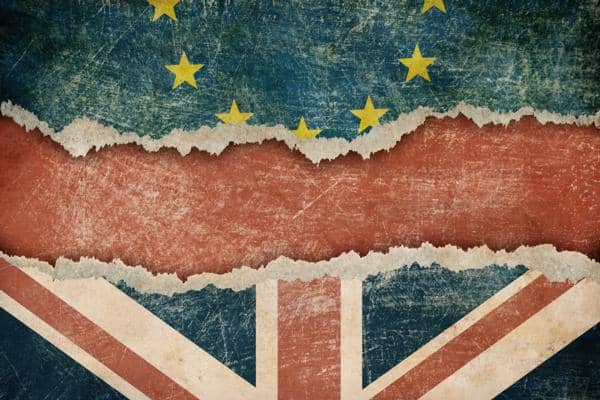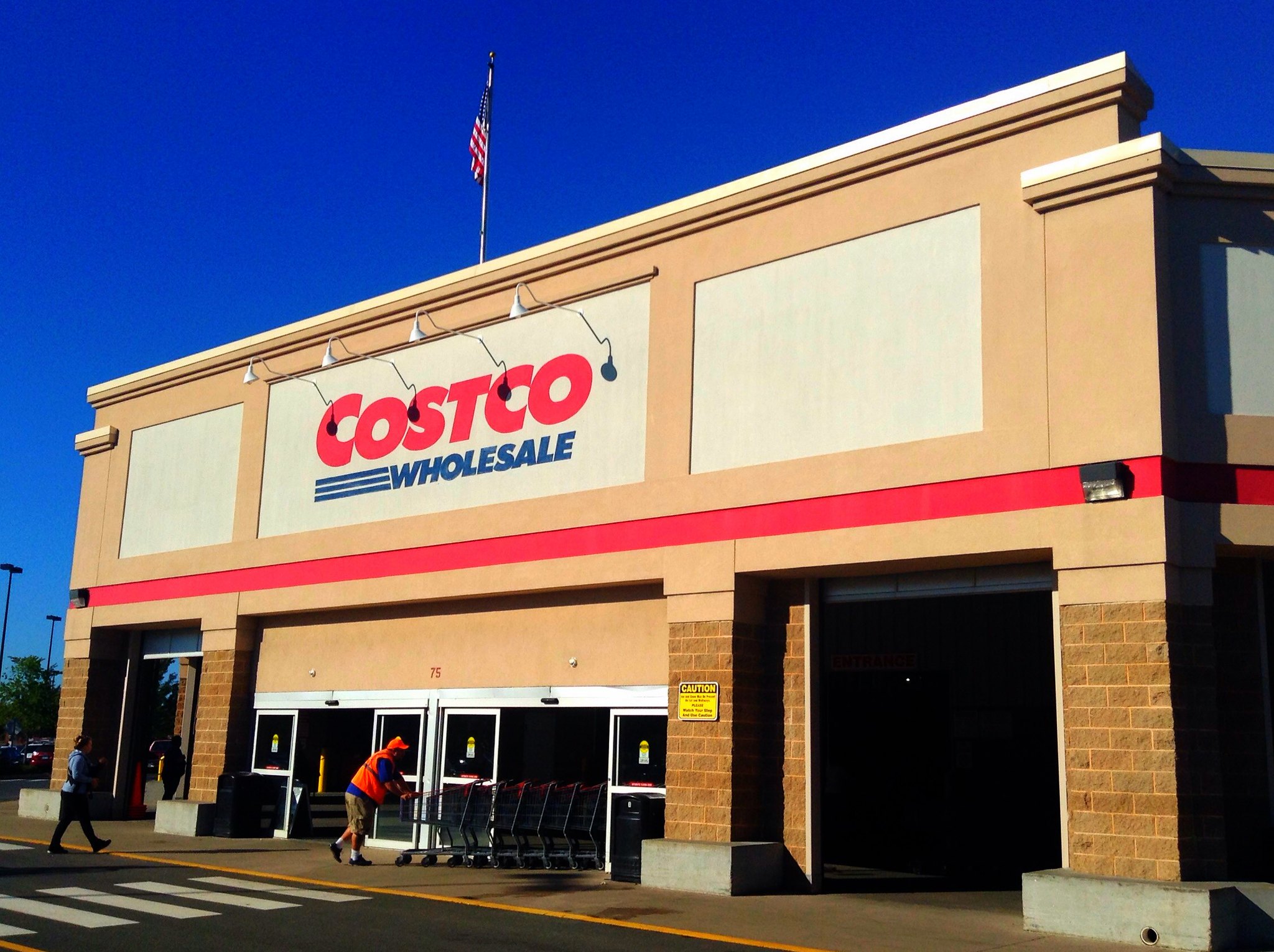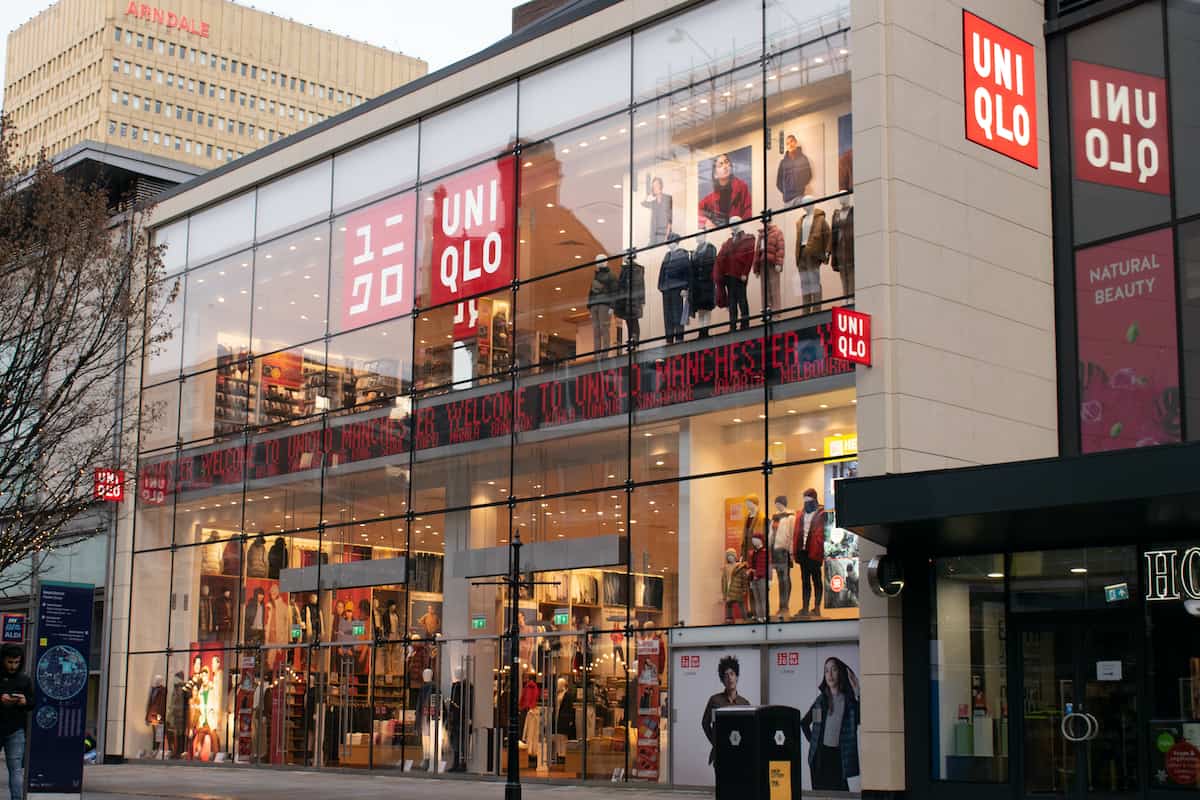UK trade with the EU has fallen dramatically since the end of the Brexit transition period, official figures show today.
Total UK trade – excluding precious metals – saw its largest monthly fall since records began in January – of 19.3%, or £5.3bn, according to ONS figures.
The fall was driven by a 40.7%, or £5.6bn, fall in exports to the EU in January, and a 28.8% – £6.6bn – fall in imports. At the same time, exports to non-EU countries rose by 1.7% – or £0.2bn over the same period.
The collapse in exports has come in the wake of the UK/EU trade and cooperation agreement that replaced the UK’s previous membership – as a full EU member – of the European single market and customs union from January 1.
Today’s trade figures show that in the run up to January, when it was still not clear on what terms the UK would leave the EU, there was an increase in imports and exports of goods in November and December 2020. This, says the ONS today, is “consistent with potential stockpiling”.
The figures show that there were sharp falls in trading of chemicals, particularly medicinal and pharmaceutical products in January. Imports of pharmaceuticals were 13.1% higher in the previous three months, in line with reports that the industry had been stockpiling. In January, exports of pharmaceuticals to non-EU countries rose by £0.3bn, including exports to China and Japan – a potential early effect of the UK trade agreement with Singapore, which came into effect on January 1 2021.
Today’s ONS figures do not specifically look at ecommerce imports and exports. However, ONS research does suggest today that about four in 10 UK businesses that are currently trading and usually buy and sell internationally say they have had challenges as a result of extra paperwork.
Businesses that had traded internationally were questioned between February 8 and 21. Some 39% had challenges when exporting, and 40% when importing because of additional paperwork. A change in transportation costs meant challenges for almost a third (30%) when exporting and 42% when importing, and customs duties or levies challenged 25% of exporters and 34% of importers. The largest single group was the 45% that had not experienced any challenges. But the percentage of large businesses that had not had any challenges when importing or exporting has decreased since the end of November 2020.
Retailers of all sizes have reported additional costs and having to put new processes in place since the UK’s previous membership of the European single market and customs union was replaced from January 1 with a new free trade agreement.
Online grocer Ocado, for example, said in its full-year results in February that the deal had dealt with many of the risks a no-deal Brexit might have meant for its UK business, which imports from the EU to sell in the UK. But it was still holding more items in stock in order to guard against product shortages. It said: “The impact of this agreement will continue to be monitored and managed, including risks to the supply chain. The group has created buffers of certain critical ambient and frozen products and engineering spare parts until there is confidence that the supply chain risk has subsided; however it is not possible to do this for fresh and short‐life perishables.”
Multichannel fashion retailer Ted Baker said in a fourth quarter trading update last month that it expected to see its extra costs total several million pounds as it exports to the EU. “Following the trade agreement between the UK and EU signed in late December 2020, the group anticipates up to £5m of incremental costs associated with Brexit, reflecting extra duty and shipping costs partially offset by a new customs warehouse capability,” it said.
Pureplay fashion retailer Asos said in a January update that it it expected extra Brexit tariffs, connected to the EU’s country of origin rules for third country imports, to cost it about £15m in 2021.
Multichannel retailer JD Sports’s executive chairman Peter Cowgill said in a radio interview that it is considering opening a new EU distribution centre in the light of the “considerably worse” than expected effects of Brexit – and that rather than expanding and hiring in the UK, it would do so in the EU intsead.
Smaller retail brands have found they are far less well-placed to deal with the disruption. Sustainable cycle helmet business Dashel says it was prospering as demand for cycling equipment rose until Brexit. Now all its European orders have been cancelled, as a result of customs delays and unpredictable duties. Dashel founder Catherine Bedford says: “There is huge demand for our products in Europe and it’s always been an important market for us, but since Brexit this has completely disappeared. The demand is still there, people want our helmets, but we simply can’t get them from the UK, where they are manufactured, to the consumers in Europe.
“Thanks to Brexit we’ve gone from profitable to barely scraping by. For a start we can’t predict delivery times as items are being held up at French customs (our entry point into Europe). There is a massive backlog and items are being turned back despite up to date paperwork. As if that isn’t enough, we can’t give European purchasers a fixed price for the item.” That’s because carriers are – at best – only able to give a shipping price on a case-by-case basis.
She adds: “All the orders we have shipped since the January 1 have been returned as they can’t get there or people aren’t willing to pay unpredictable duty rates.”
Atul Bhakta, chief executive of ecommerce customs tariff specialist One World Express, says: “January’s decline in exports to the EU was inevitable. Following a last minute Brexit deal, businesses were given precious little time to make practical preparations for Brexit – so, changes to customs procedures, VAT charges and clearance regulations will have dissuaded UK and EU businesses from trading. Indeed, One World Express’ own research revealed 44% of UK businesses planned to cut trading ties with EU partners altogether, suggesting that the immediate shock of leaving the EU.
“Nonetheless, there are reasons to be optimistic. At the moment, we are transitioning out of a challenging period. UK businesses are slowly adjusting to the UK’s new relationship with the EU. During this time, new opportunities are emerging, including new trading prospects in jurisdictions outside of Europe. High demand for ’brand UK’ in South East Asia or India, for example, could prove very lucrative to some organisations.
“I have no doubt that the EU will remain an important trading destination with the UK, so businesses should not be disheartened by this temporary trading lapse. However, I urge businesses to explore all trading options available to them and seek advice from experts where necessary. Doing so will certainly help organisations survive, and even thrive, in the post-Brexit world.”









